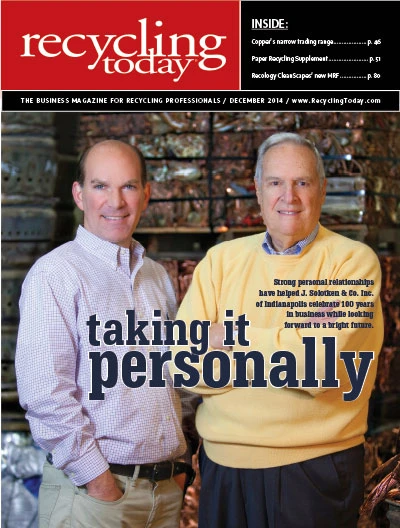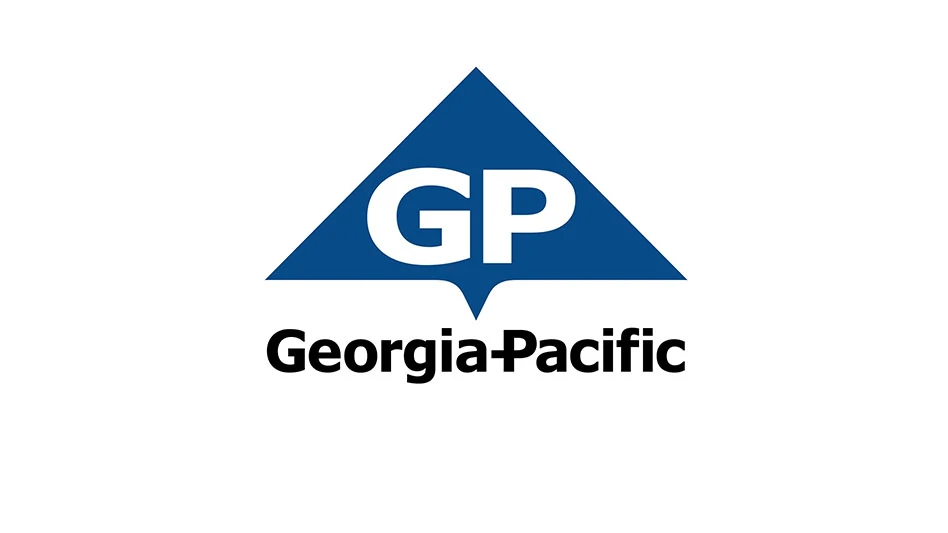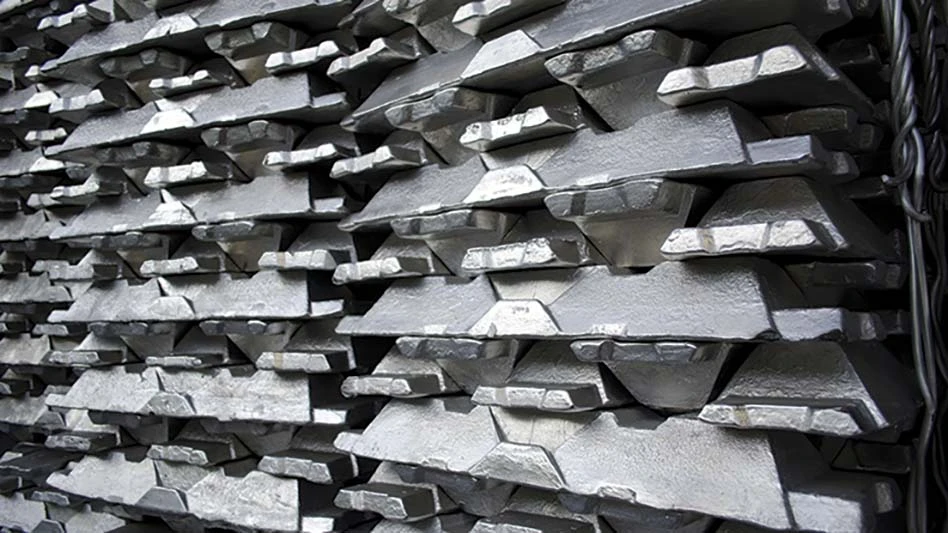 Seattle has made great strides in recycling since 2003, achieving a 60.9 percent recycling rate among is residents and a 62.9 percent commercial recycling rate in 2013. In 2003, those figures were 48.4 percent and 37.3 percent, respectively.
Seattle has made great strides in recycling since 2003, achieving a 60.9 percent recycling rate among is residents and a 62.9 percent commercial recycling rate in 2013. In 2003, those figures were 48.4 percent and 37.3 percent, respectively.
That growth can be attributed in part to goals introduced by the city council.
Setting goals
Adopted in 2007, Seattle City Council Resolution 30990 called for the city to reach a 60 percent municipal solid waste (MSW) recycling rate by 2012. By 2025, according to the resolution, the city must recycle 70 percent of its MSW. However, those goals were revised in February 2013 when the city council adopted “Seattle’s Solid Waste Plan 2011 Revision,” which established a 60 percent recycling goal by 2015 and 70 percent goal by 2022.
The city defines MSW as organics, including yard debris and food scraps, generated by Seattle residents; all garbage, organics and recyclables businesses and residents set out for collection and all garbage, organics and recyclables hauled to the city’s recycling and disposal stations for reuse, recycling or composting, according to Seattle Public Utilities (SPU).
The 60 percent recycling goal excludes C&D material and other special wastes, such as household hazardous wastes. It includes separate goals for what the SPU says are four primary MSW sectors: single-family residential, multifamily residential, self haul and commercial.
According to SPU’s “2013 Recycling Rate Report,” published July 1, 2014, the city is well on its way to meeting its 2015 goal. In 2013, Seattle recycled 56.2 percent of its MSW, which was a 0.5 percentage point increase relative to 2012. The figure also represents an 18 percentage point increase since the 2003 low of 38.2 percent, the report notes.
Addressing growth
Seattle’s ongoing growth in MSW recycling since 2003 has affected Seattle-based Recology CleanScapes, which is one of two companies under contract with the city to provide garbage, recycling and food and yard waste collection services.
Recology CleanScapes serves the Washington cities of Seattle, Shoreline, Des Moines, Issaquah and Carnation as well as Burien, SeaTac and Maple Valley.
|
Unwelcome materials The city of Seattle, which is served in part by the Recology CleanScapes material recovery facilty in South Seattle, does not accept the following materials in its curbside residential recycling program:
|
The company formed in 2011 through the merger of Seattle-based CleanScapes, and San Francisco-based Recology. Clean-Scapes began operations in October 1997, providing exterior cleaning and maintenance for Seattle’s Historic Pioneer Square District, while Recology describes itself as one of the largest operators of material recovery and organics processing facilitates in the western United States.
“Recology CleanScapes has experienced significant growth over the past seven years, as have the region’s recycling and diversion efforts,” says Dan Bridges, general manager of the company. “With only one other MRF (material recovery facility) in Seattle, there were capacity constraints to handle the success of the recycling programs in the Puget Sound region.”
This growth led Recology CleanScapes to add a MRF, which opened this spring, in South Seattle. The 75,000-square-foot MRF processes commercial and residential recyclables. While the MRF is capable of processing in excess of 90,000 tons of recyclables per year, Bridges says it is on track to recover more than 30,000 tons annually in a single shift and features equipment designed, manufactured and installed by Bulk Handling Systems of Eugene, Oregon.
He says the new MRF benefits Recology CleanScapes in two key ways. “The advanced technology we use at the facility enables us to produce a higher quality product at lower costs with less residual that anything currently on the market,” Bridges says.
The MRF is experiencing a residual rate of approximately 5 percent, he adds.
The other benefit comes in the form of increased control of recyclables. “This facility allows us to control the flow of recycled materials from curbside collection to eventual reuse with a much greater degree of accountability than we could as a customer of third-party processors,” Bridges says.
Going inside
The Recology CleanScapes MRF is housed in the former site of the Washington State Liquor Control Board distribution center. “Three years ago, voters approved a state law that privatized liquor sales in the state, which freed this space up,” Bridges says. “The facility is ideally located in an industrial section of Seattle with convenient access to the Port of Seattle.”
Not only was the location ideal, he says, but so was the layout of the building. “The warehouse has very high ceilings, which made installation by Bulk Handling Systems very smooth.”
After Recology CleanScapes’ trucks have collected recyclables from the communities the company serves, they weigh in at the MRF’s scale house and unload on the tipping floor. Bridges explains that the material is then loaded into a metering bin before being conveyed to a presort station, where obvious contaminants are removed by the company’s employees.
The remaining material then continues through the system, which includes a variety of sorting and separating equipment. “The system employs multiple fiber screens, a Nihot glass cleanup system, an optical sorter and an eddy current,” he says. Recology Clean-Scapes also has a number of quality control stations to ensure materials are separated into their proper bunkers, Bridges says.
The glass cleanup system uses a vacuum to separate the glass from nonglass recyclables. “The results have been promising, with our latest test results indicating purity at plus or minus 95 percent,” Bridges says.
The Recology CleanScapes MRF’s optical sorter is used to positively sort PET (polyethylene terephthalate); however, he says, the unit can be programmed to sort for different polymers as required.
Recology CleanScapes also is able to adjust other system variables, such as conveyor speed and the angle of the screens.
The company uses a single system to process recyclables from commercial and residential generators. While Recology CleanScapes collects residential recyclables separately from commercial material, the MRF is designed to sort a commingled mix of these streams on the same processing line. “The advantage is being able to continuously operate without separating the two streams,” Bridges says. “The quality of the material is still very high despite stream commingling.”
Recovered for recycling
The commodities Recology CleanScapes is producing at the MRF are:
- OCC (old corrugated containers);
- mixed paper;
- plastics Nos. 1 through 7;
- tin cans;
- used beverage cans (UBCs);
- hard rigid plastics
- film A-D; and
- mixed ferrous and nonferrous metals.
“Recology CleanScapes has identified markets for all of the materials we process at the facility,” Bridges says. “The largest materials by quantity we process are OCC, mixed paper and plastics Nos. 1 and 2.”
He adds that the ONP (old newspapers) are blended with the mixed paper “primarily for economic reasons.”
Of the recovered commodities, approximately 70 percent are sold domestically, while 30 percent are sold to overseas consumers, Bridges adds.
Thinking ahead
Given that recycling in Seattle and the surrounding communities has been increasing annually for a decade, the MRF was designed to accommodate growth. “We are ready to take on additional capacity now,” Bridges says of the facility. “We would simply start a second shift to accommodate the new tonnage. We are always looking to grow our business.”
The author is managing editor of Recycling Today and can be contacted via email at dtoto@gie.net.

Explore the December 2014 Issue
Check out more from this issue and find your next story to read.
Latest from Recycling Today
- Cyclic Materials to build rare earth recycling facility in Mesa, Arizona
- Ecobat’s Seculene product earns recognition for flame-retardant properties
- IWS' newest MRF is part of its broader strategy to modernize waste management infrastructure
- PCA reports profitable Q1
- British Steel mill subject of UK government intervention
- NRC seeks speakers for October event
- LME identifies Hong Kong warehouses
- Greenville, Mississippi, launches aluminum can recycling program






